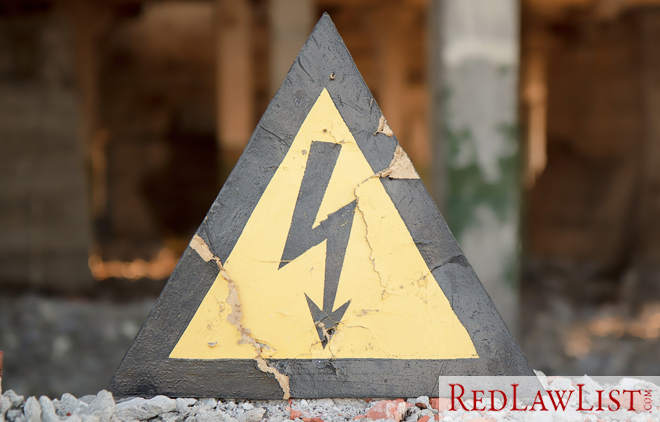
The principle of negligence underlies civil liability cases. We may have a general notion of what it is, but what is negligence in the strictest legal sense of the word? In reality, it’s an entire field of law unto itself that is undergirded by these 4 principles.
1. Duty
For someone to be legally negligent, they first have to be legally responsible for a situation. If you’re a homeowner, you may be legally required to have your sidewalk cleared of snow in a timely manner. If you have guests in your home, it’s considered understood that you have a legal obligation to make sure basic areas like the stairs are safe to go up and down.
If you’re a professional, opening for business creates an implied sense of duty. A doctor has a legal responsibility to their patients. A grocery store owner has a legal responsibility to keep the floors mopped and the aisles safe to walk through.
A lawsuit against a professional can also be called “malpractice,” which is a branch of negligence law.
2. Breach
Once the duty is established, you must prove that the defendant failed to meet their responsibility. That responsibility is to provide the standard of care consistent with community norms. Or, as the legal phrase goes, to do what “a reasonable and prudent person would do.”
This doctrine can potentially provide relief to plaintiffs. Let’s use the example of the person shoveling their sidewalk. Is it expected that this will be done by 7 a.m. after an overnight snowfall? There’s likely no law, so the courts have to fall back on what the reasonable person in this community does. In turn, that means if you’re out walking very early in the morning, the courts may well determine you had no right to assume the sidewalks would be safe.
On the professional level, particularly in areas like medicine, this is where expert witnesses come in. A surgeon being sued over an operation that went awry may call in colleagues from the area to testify that they followed the standard practice anyone else would have.
In short, the plaintiff has no responsibility to be perfect—but they must do what anyone else would reasonably do.
3. Causation
So you’ve established the defendant had a legal duty and failed to meet it. Now you must establish that this failure is the cause of your injuries. Maybe the sidewalk should have been shoveled and you slipped and fell. But did you have a bad hip to begin with? Now we’re in a gray area the courts must decide. In most states, they’ll also divide up responsibility. Courts may conclude that the defendant is only responsible for 60 percent of the injury and the damage award will be proportioned accordingly.
4. Damages
Finally, you need to prove that you were materially damaged by the defendant’s negligence. The easiest to prove is financial—through medical expenses, lost time at work, etc. The other aspect is emotional: did your injuries trigger depression? That’s more difficult to prove, but you can still seek to get compensation for your mental suffering.


